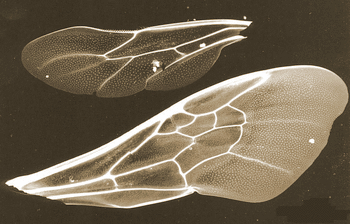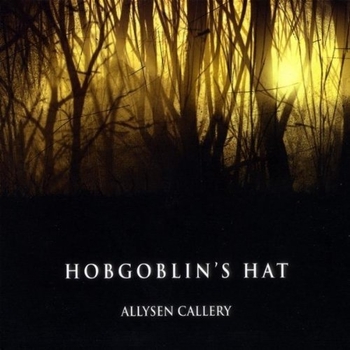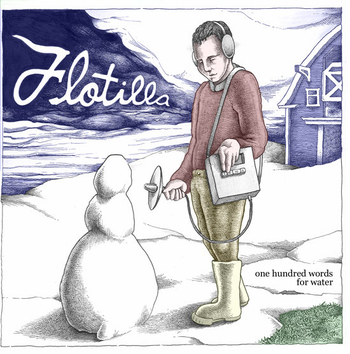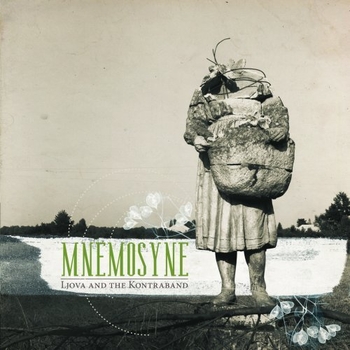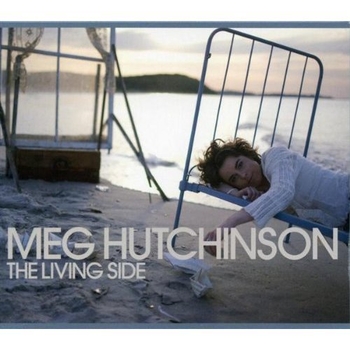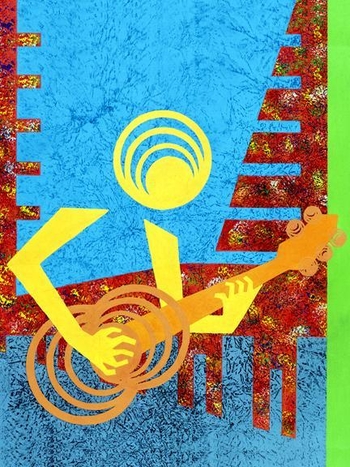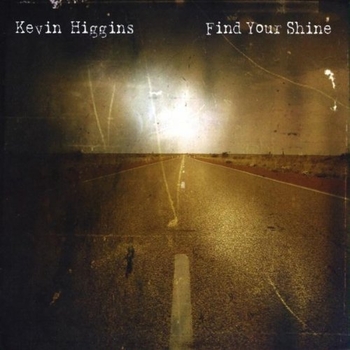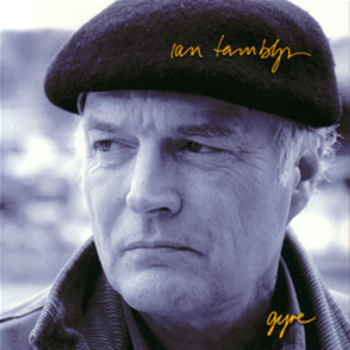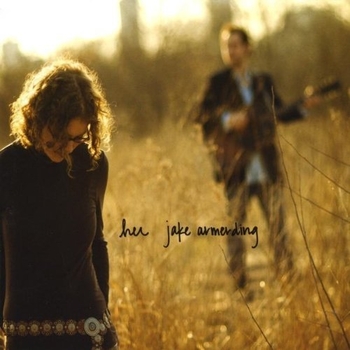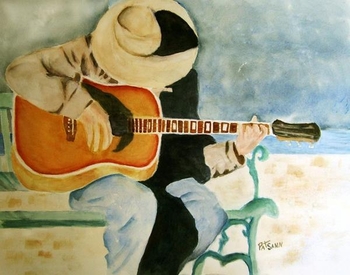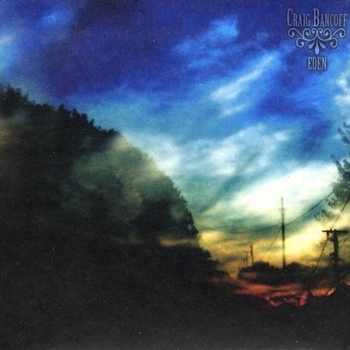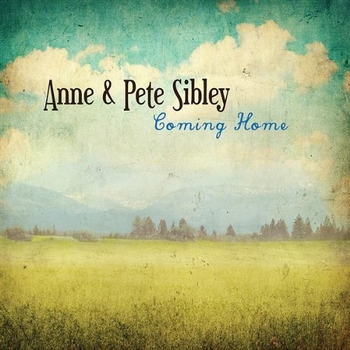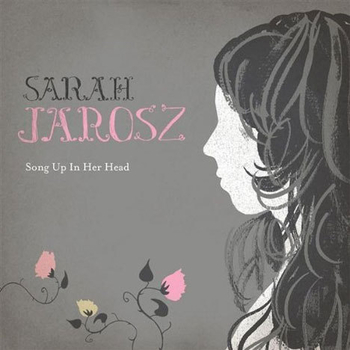
Jazz Singers week seemed to be popular. My Folk week went well. The plan then was to do one more, Americana week. As with jazz and folk, the first problem was, what is Americana. But this time, there was another problem: I had too much material. Either the past twelve months have been an exceptional time for this music, or I have been luckier finding it and having it find me, than with the other styles I presented. So, this week there will be no For a Song and no album review. Instead, I will be presenting my Americana festival. It starts with this post of three album mini-reviews. There will be two more posts like this with three albums each. I might even go to four albums to get everything in. One other thing struck me as I began to put this week together: I’ve been posting a lot of female artists lately, but this week, the artists are mostly male. Just one of those things, I guess.
What then is Americana music? To begin with, there is this thing called Alt-country. This is the most bizarrely ironic label in the music industry. Country, these days, is what we used to call southern rock, plus some country rock of the sort pioneered by Graham Parsons. These are musical genres that were roundly rejected by country fans when they first appeared. There are also some artists who perform a sort of lowest-common-denominator version of country, who are accepted as mainstream country artists. But the music made in recent years by Dolly Parton and Willie Nelson, to name two, is now alternative. And a new artist working in this musical territory can expect no help from country radio. So honky-tonk and western swing are now alternative, while Rascal Flats are considered country. (I am not trying to imply anything about the merits of Rascal Flats’ music in saying this; I just don’t think that they are country as I understand it.)
So we have Alt-country. And it is a subset of Americana. Americana also includes music that shows the influence of other roots styles, such as blues and folk. But blues is blues, and folk is folk, and neither, in their pure forms, are Americana. How pure are these pure forms? As we saw last week with folk, not very. And the same applies to blues. So the boundaries between Americana and the various style that influence it vary for each listener. This week, I will present some of the music that falls on the Americana side of the border, at least for me. You may wind up more confused than when we started, but I hope you enjoy the ride. (Grateful Dead lyric freaks will note that this means we’re going to Hell in a bucket; I’ll try to avoid that.)
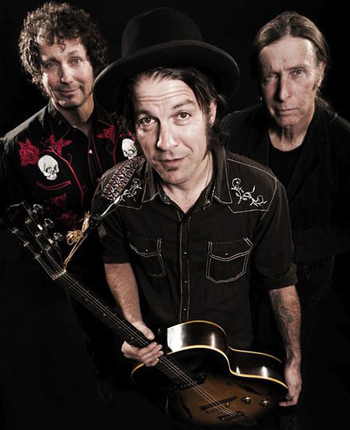
Jalan Crossland: Cumberland Gap
[purchase]
Jalan Crossland is a writer who is well versed in the classic themes of country music. Driftwood Souls includes an outlaw song, one about a trucker, and tales of heartbreak, with and without alcoholic accompaniment. These are original tunes, but they feel like classics, and they will have you wondering who did the original. One tune is an over the top satire almost of the “drinking my heartbreak away” type of country song: Nothin’s Wasted. Here, Crossland displays a wicked sense of humor.
The band is a trio. Crossland plays electric and acoustic guitar and banjo. Shaun Kelley plays stand-up and electric bass, and contributes cello parts on one song. Andy Phreanor plays drums and percussion. Overdubs are kept to a minimum, but the band has the versatility to vary the sound quite a bit from song to song. Yet, the album also makes sense as a whole. Crossland’s voice sounds to me like Steve Goodman’s, only with more harsh weather in it. He has some of the playful wink that Goodman excelled at, but his voice catches more, letting a bit more darkness in. It works beautifully for this material.
Usually, when I feature an artist for the first time who writes songs, I feature an original. But Crossland’s version of the traditional Cumberland Gap blew me away. This is what Fairport Convention might have sounded like if they were American. The song starts with drums, bass, and banjo, joined later by overdubbed cello lines. I’ve heard other versions of the song, but this one has a haunted quality I never would have thought of. It really works.
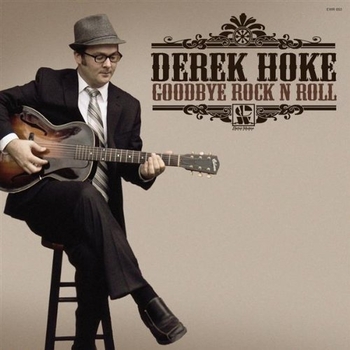
Derek Hoke: I Think I Really Love You
[purchase]
Derek Hoke is a classicist. Hot on the Heels of Love could pass for a lost Buddy Holly song, right down to Hoke’s vocal. Not Too Late has a definite western swing feel, even though it is a mid-tempo number. But there are also some interesting touches in the arrangements. Hot on the Heels… includes a xylophone, and that odd sound you here in Rain Rain Rain is a bass harmonica.
Hoke sings in a high tenor, with just a slight catch in his voice. His songs are romantic, even when they are about heartbreak. Hoke idealizes women even when they hurt him. He also tells, in End of the River, of a hard childhood, which leads to a lifelong search for validation. But even here, there is a fairly happy ending. To put this over, it helps to have two things: A voice that puts over the emotions and makes them real, and a writing style that turns a phrase without relying on clichés. Derek Hoke passes both tests.
Most of this music would have been considered country back when. The album ends with a wonderful country blues number, I Think I Really Love You. This one, musically, reminds me of Tracy Chapman’s Give Me One Reason. Lyrically, it is a slightly hesitant declaration of love that really works.
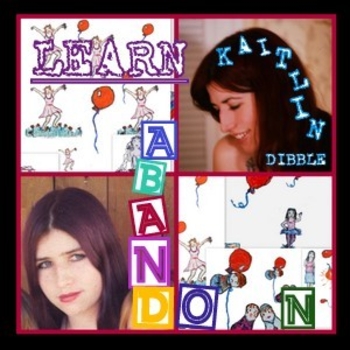
Kaitlin Dibble: Learn Abandon
[purchase]
I could have made a case for including Kaitlin Dibble in Folk week. Or I could have saved her for a possible blues week, sometime in the future. But I could not have justified leaving her out. Her music is not blues, but it is certainly informed by blues. I would consider her a blues singer, but her playing and arrangements make it harder to pin her down. So, Americana will do for me.
No Way is a blues song, not unlike Bonnie Raitt’s early work. And Mr No One of Consequence sounds like an early jazz piece, with acoustic guitar, stand-up bass, and drums, plus trombone. Wild Time was written in memory of two blues singers, Molly Shimer and Vala Cupp. But then again, the one cover on the album is by Loudon Wainwright III. And elsewhere, there are rock and folk flavors. Dibble makes all of this make sense.
Dibble is a strong visual writer. Her images are new, and they work. She also captures the mood of a place beautifully. Her songs set you down somewhere, and you know immediately how she feels about being there. And her voice seals the deal. She sings in a low soprano. There ought to be a catch in her voice, to capture emotion the way she does, but her voice is smooth. I hope it makes sense to describe this emotional quality as a light sob. Dibble never breaks down completely, but the possibility as always there.
The song Learn Abandon sums this all up. The arrangement is for acoustic slide guitar, with organ and lightly played drums enhancing the mood. Dibble’s voice must do most of the work, and she is equal to the task. The lyric is about a breakup, and there is no doubt that it hurts. The playing is bluesy, but the words take the song out of any typical blues structure.
So Kaitlin Dibble is a mature singer, fully in control of her marvelous instrument. She is a writer of great originality. And she gets a full range of emotion from often very spare arrangements. And the scary part is that this her debut album. I look forward to seeing how her talent develops in the future.
